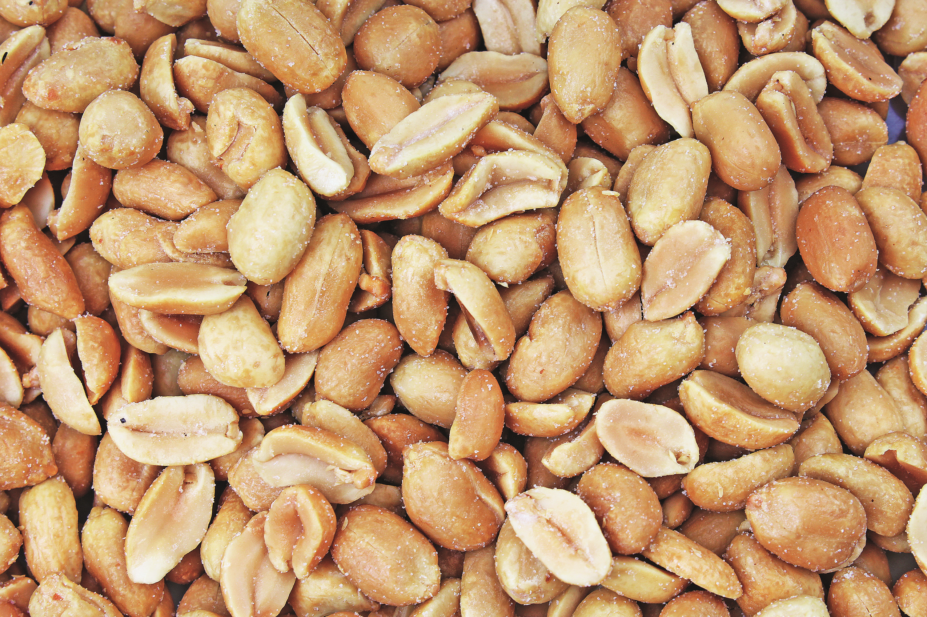
Shutterstock.com
Much attention has been paid to the potential of oral immunotherapy to treat food allergies. However, little is known about its long-term effects.
In a study in the Lancet Child & Adolescent Health (online, 15 August 2017), researchers followed up 56 people who had taken part in a placebo-controlled randomised trial of combined probiotic and peanut oral immunotherapy (PPOIT) for peanut allergy after a mean of 4.2 years[1]
.
They found that 16 (67%) of 24 participants who received PPOIT were still eating peanuts compared with only one (4%) of participants who received placebo. And following a food challenge, seven (58%) of 12 immunotherapy-treated participants showed sustained unresponsiveness at eight weeks compared with only 1 (7%) of 15 participants from the placebo group.
The researchers say the findings support the long-term clinical benefit of combined oral immunotherapy for peanut allergy and suggest that sustained unresponsiveness is a realistic goal for food allergy treatment.
References
[1] Hsiao K-C, Ponsonby A-L, Axelrad C et al. Long-term clinical and immunological effects of probiotic and peanut oral immunotherapy after treatment cessation: 4-year follow-up of a randomised, double-blind, placebo-controlled trial. Lancet Child Adolesc Health 2017. doi: 10.1016/S2352-4642(17)30041-X


